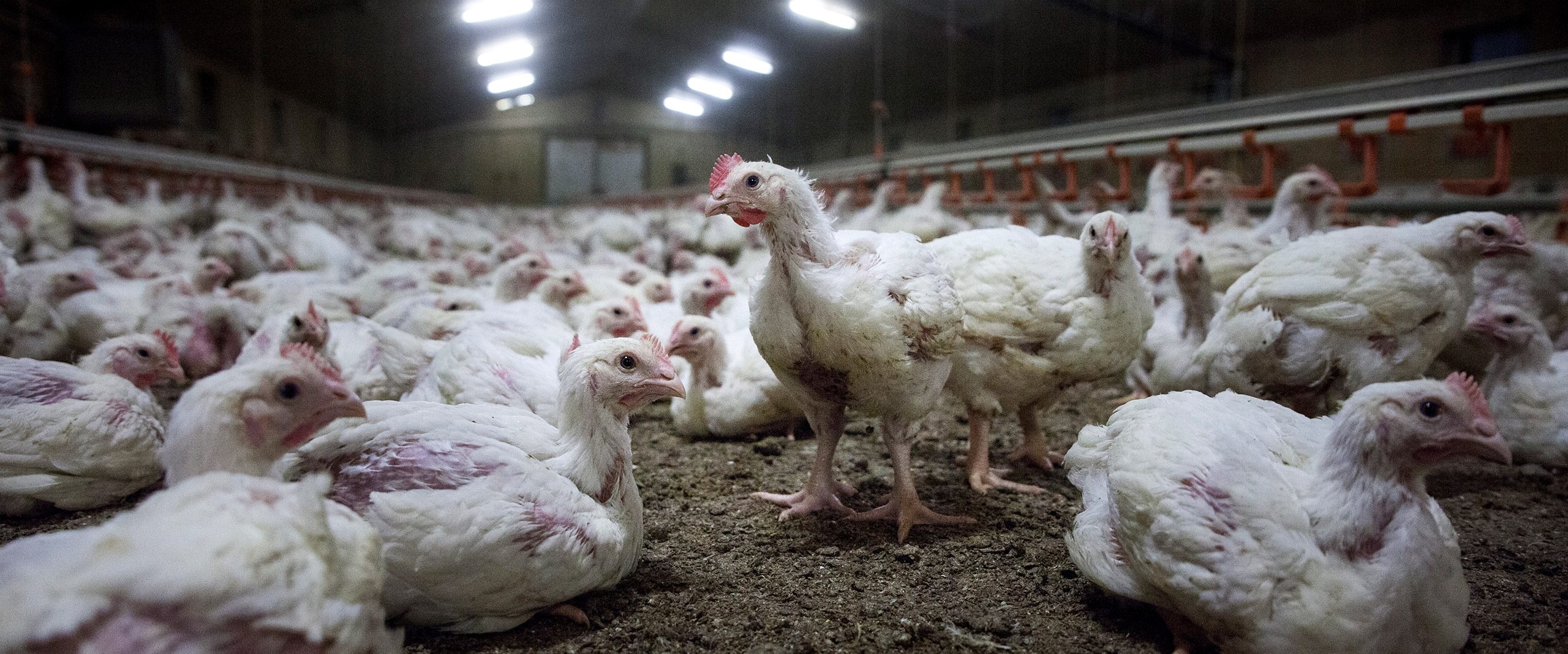American animals raised for meat eat more than 30 million pounds of antibiotics a year

American Animals Raised for Meat Eat More Than 30 Million Pounds of Antibiotics a Year

The extensive use of antibiotics in raising animals for meat in the United States has become a cause for concern. According to a fact, American animals raised for meat consume over 30 million pounds of antibiotics annually1^. The implications of this staggering statistic are far-reaching and have significant consequences for both human health and the environment.
Antibiotics are widely utilized in meat production facilities to promote growth and prevent diseases in the overcrowded and unsanitary conditions prevalent in the industry. The administration of antibiotics to animals facilitates weight gain by disrupting their gut microbiota, allowing for more efficient absorption of nutrients from the feed. Additionally, antibiotics help prevent the outbreak and spread of diseases among the densely packed animals.
However, this practice has resulted in the emergence of antibiotic-resistant bacteria known as superbugs. These superbugs pose a significant threat to human health, as they can transfer their resistance genes to bacteria that infect people. As a result, antibiotics become less effective in treating infections, leading to an increased risk of severe illnesses and higher mortality rates1^.
Furthermore, the excessive use of antibiotics in meat production contributes to the growing problem of antibiotic pollution. The majority of these drugs are excreted by animals and end up in the environment through their waste. Antibiotic residues find their way into soil, water bodies, and ultimately, our food chain, further propagating the spread of antibiotic resistance1^.

Addressing the issue of antibiotic use in animal agriculture requires a multi-faceted approach. Stricter regulations and guidelines must be implemented to limit the overuse of antibiotics in meat production. Proper hygiene and animal welfare practices can help minimize the need for excessive antibiotic administration. Additionally, promoting sustainable and organic farming methods that prioritize animal health and reduce the need for antibiotics can be a positive step forward1^.
Consumers have a role to play as well. By consciously choosing meat products from farms that prioritize responsible antibiotic usage, individuals can support sustainable practices and contribute to the reduction of antibiotic consumption in animals raised for meat. Public awareness and education campaigns are essential to highlight the risks associated with antibiotic misuse in meat production and encourage informed choices among consumers1^.
In conclusion, the fact that American animals raised for meat consume over 30 million pounds of antibiotics annually raises significant concerns. The prevalence of antibiotic use in meat production contributes to the rise of antibiotic-resistant superbugs and pollutes the environment. Addressing this issue requires collective action from policymakers, farmers, and consumers to foster sustainable practices and reduce reliance on antibiotics in animal agriculture.
Share
Related Posts
Quick Links
Legal Stuff

